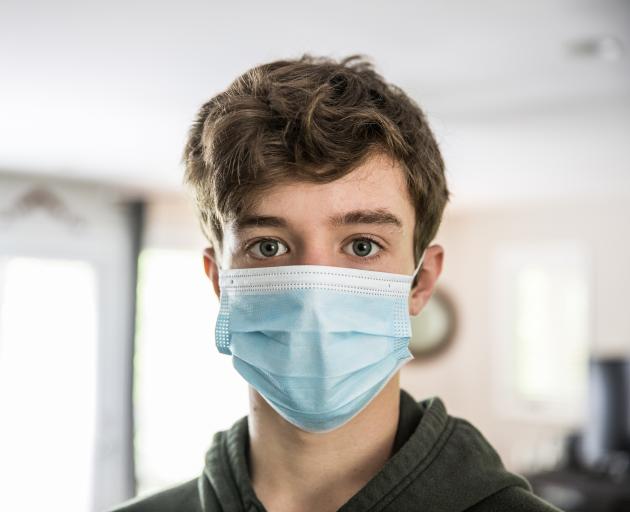

Indeed, as this newspaper reported, some organisations representing those with disabilities were not consulted at all, while others were given less than 24 hours to respond to the proposal by the Ministry of Disabled People.
There is no excuse for this, and it will not give the sector any confidence anything it contributes to the decision-making will be taken seriously.
Critics will understandably seize on this as another example of arrogance from the Government and a lip-service approach to consultation and listening and responding sensibly to valid concerns (despite last week’s prompt backdown after the furore over the proposal to apply Goods and Services Tax to KiwiSaver fees).
Many in the community will view reducing required mask wearing as freeing, but those living with conditions making them particularly susceptible to serious illness or death should they contract Covid-19 will be fearful.
Lowering the number of public settings in which mask wearing is expected will mean restricting the places those at high risk feel they can access safely.
This would not be such an issue if we had more well-ventilated public spaces which were clearly identified as such, so people could then choose whether to enter them or not. However, we seem a long way from that.
It might be tempting to think the vulnerable would be fine if they just stuck to mask wearing themselves, but wearing a mask when others around you are not lowers your level of protection.
Mask use will need to continue in some settings outside of places providing healthcare.
The issue of which settings those should be is trickier. It would seem sensible for masks to be used on public transport such as buses and trains, but there may be pressure for removing requirements for plane travel. Many countries no longer require masks on planes. The industry says air filtering on planes means the risk is low, but others point out getting on and off planes can still be risky for passengers.
Retail NZ is urging the Government to drop mask mandates for its sector.
Chief executive Greg Harford said compliance with the mandate was low. A members' survey suggested only a third of customers were compliant. The law was not enforced, and there was a "loophole the size of a 747 jumbo jet that allows anyone to self-identify as exempt for almost any reason". Some shoppers became aggressive when asked to mask up.
Regardless of what is eventually decided, some people will now feel comfortable with continued mask use in a variety of settings, and we hope they will not attract abuse for that.
While Covid-19 case numbers have reduced considerably recently, the disease has not magically disappeared. Reinfections have been increasing and the number of community cases are also likely to be much higher than reported. Some people are still dying from it or needing treatment in our hospitals which are struggling with short-staffing and snowed under with high presentations from those with winter illnesses.
Ensuring vaccinations / boosters are up to date, using rapid antigen tests (Rats), and isolating when you are sick remain important.
Whatever is eventually decided by the Government for this next stage of its pandemic management will need to be well communicated and easily understood. It should also be comprehensive enough to clearly cover what we can expect should there be a dramatic surge in case numbers or new variants which might require a different approach.












